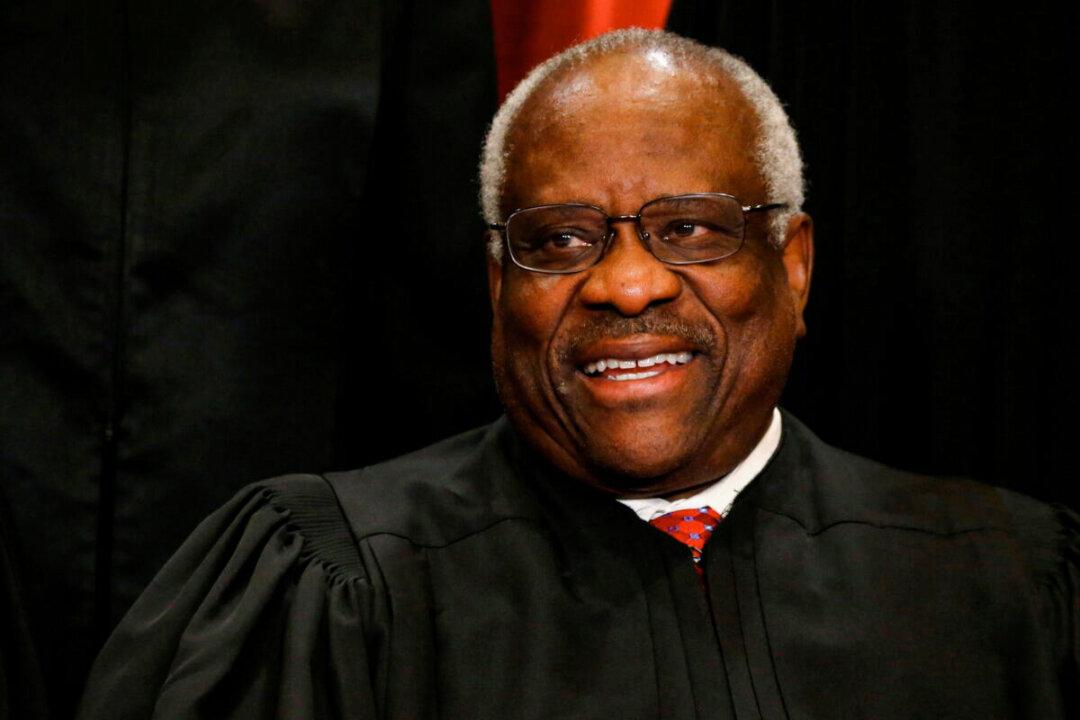The Supreme Court sided with atheists on March 6 when it decided not to hear an appeal by a Florida city that sought to halt a lawsuit over a city-sponsored prayer vigil.
Conservative Justice Clarence Thomas objected to the court’s decision to deny the petition in City of Ocala, Florida v. Rojas, court file 22-278. The court majority didn’t explain why it denied the petition.





